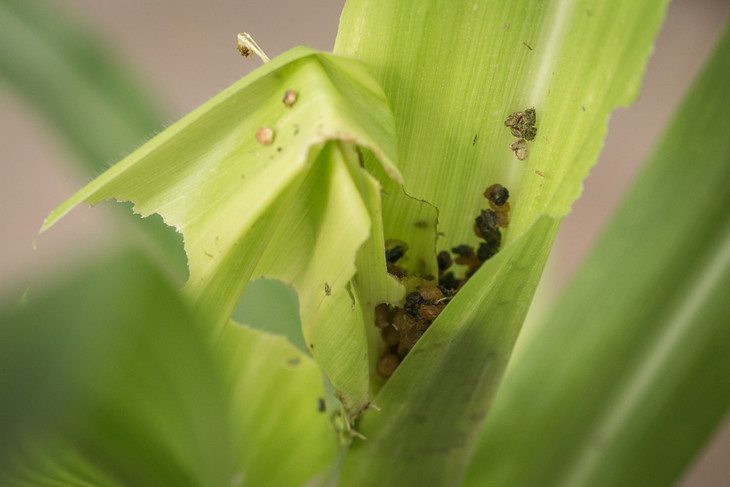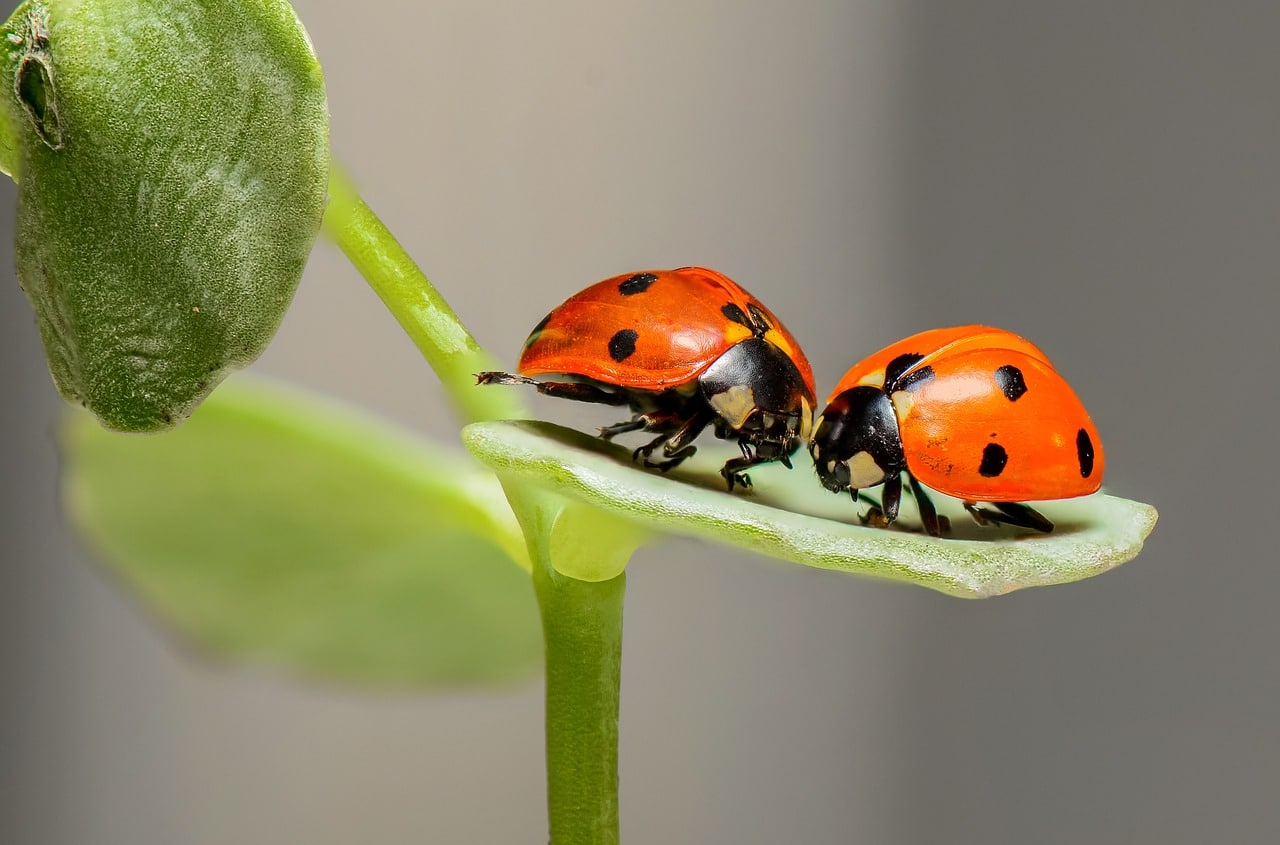In a deception that likely has evolved over thousands of years, a caterpillar that feeds on corn leaves induces the plant to turn off its defenses against insect predators, allowing the caterpillar to eat more and grow faster, according to chemical ecologists in Penn State’s College of Agricultural Sciences.
The finding is one more revelation about the myriad of chemical signals that pass between plants and insects that scientists at Penn State and around the world have been discovering in recent years. In this case, the agent of deceit is the caterpillar’s feces, or “frass”.
The research, recently published in the Journal of Chemical Ecology, may lead to the isolation of specific components of the frass that can be incorporated into a compound to be sprayed on crops — or perhaps plants may be genetically modified to incorporate the proteins from the frass to boost a crop’s native resistance to pathogens.
More information is available here: http://news.psu.edu/story/368909/2015/09/08/research/caterpillar-deceives-corn-plant-lowering-defenses-against-it












